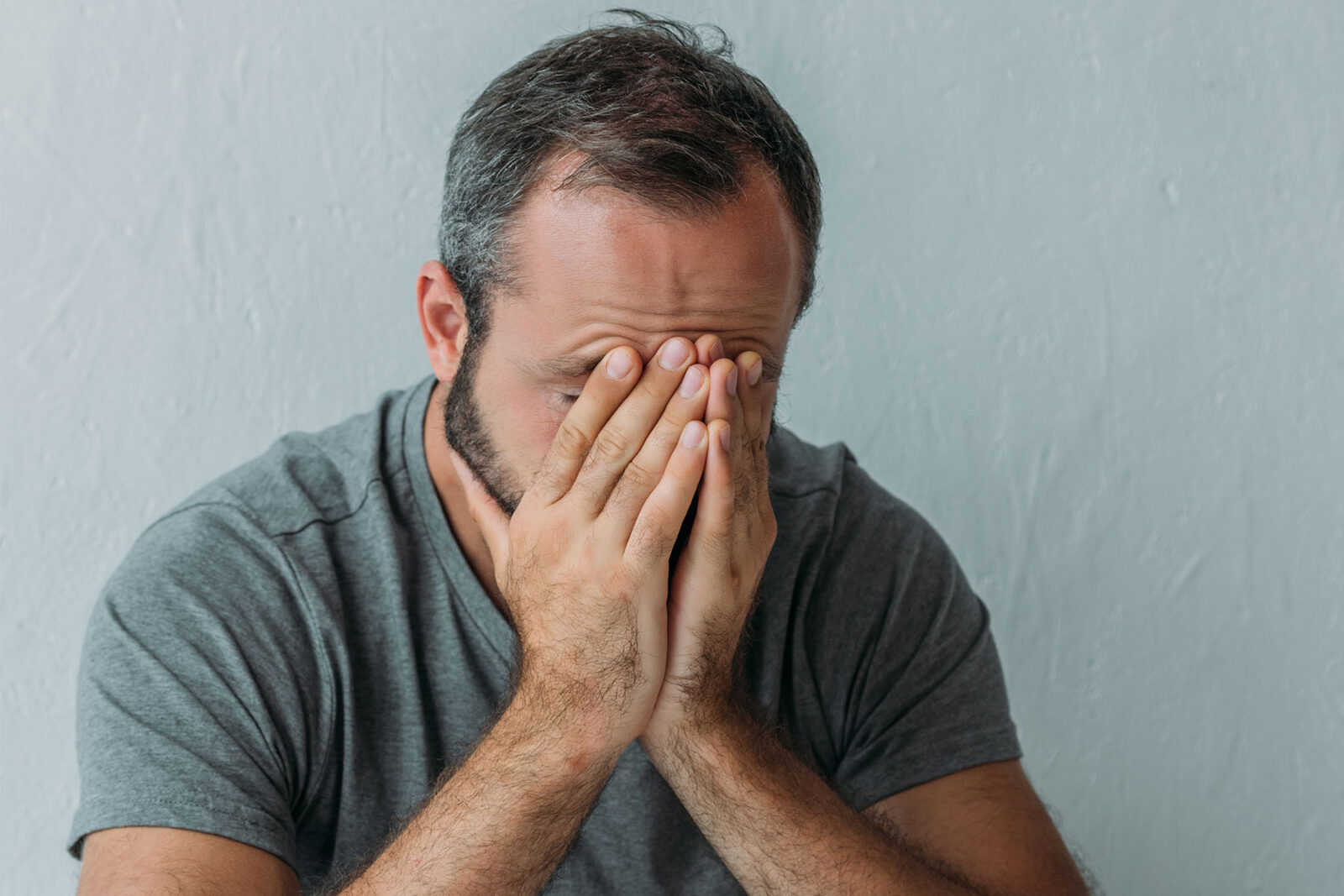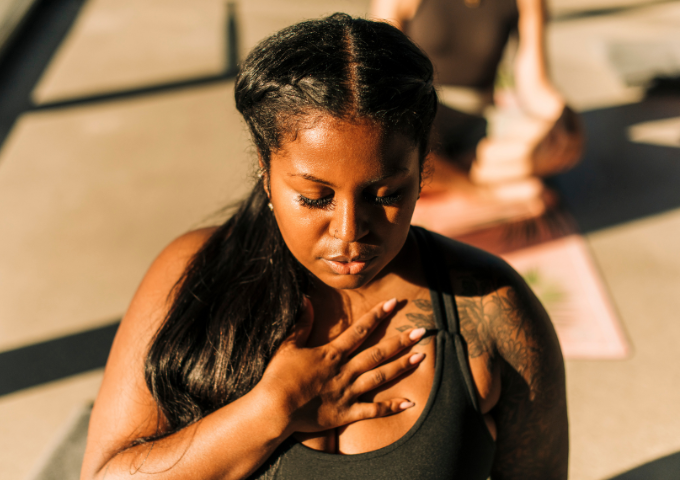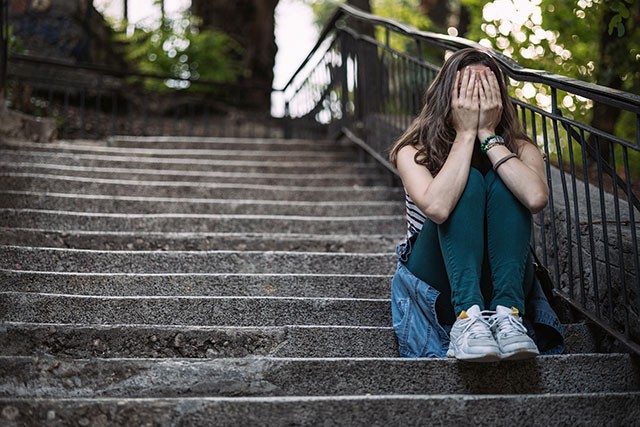Overview of PTSD
PTSD stands for post-traumatic stress disorder. It’s a mental health condition that can develop in people who have experienced, witnessed or learned about a traumatic event. The Australian Psychological Society defines PTSD as a set of symptoms that can emerge some time after exposure to a potentially traumatic event involving actual or threatened death, serious injury, or sexual violence.[1]
Examples of traumatic events and situations that can cause PTSD include:
- Serious accidents
- Natural disasters
- Physical or sexual assault
- Serious health problems or emergencies
- Losing a loved one
- Wars
- Terrorist attacks.
Events such as these are an unfortunate part of life, and we may experience them at some point. Struggling to cope after a traumatic event is normal. But if you’re not recovering or are feeling worse with time, you may be at risk of PTSD.
Who is at risk of getting PTSD?
Researchers aren’t sure why some people are more likely to get PTSD, but there are some contributing factors that may put people at greater risk. These may include the severity of the trauma, a history of trauma, how someone responds to stress, and not getting enough support after the traumatic event.
According to the 2020-21 National Study of Mental Health and Wellbeing, 5.7% of Australians had a 12-month post-traumatic stress disorder, with females experiencing higher rates compared to males. [2]
What are the symptoms of PTSD?
The feelings of PTSD may last for a long time and can impact a person’s day-to-day life. Common symptoms of PTSD include:
- Panic and fear
- Sleeping difficulties
- Negative thoughts
- Feeling constantly ‘on edge’
- Lack of concentration
- Flashbacks
- Nightmares
- Constantly thinking about the traumatic event
- Avoiding people and places associated with the traumatic event
- Feeling hopeless about the future
- Feeling detached from other people
- Feeling down.
People who have PTSD may also experience other mental health conditions, such as depression, anxiety and addiction.
When to see a health professional
If you or someone you know is feeling worse after the traumatic event and struggles to cope, see a GP or a healthcare professional. If your symptoms have been happening for two weeks or more and are negatively affecting your home, social or work life, you should seek help.
Your healthcare professional will assess your mental health and develop a personalised treatment plan. Common PTSD treatments can include medications and psychotherapies, like cognitive therapy for PTSD or prolonged exposure. You may also get a referral for a mental health specialist, like a psychologist or psychiatrist.
Don’t let symptoms build up; seek help if you’re not feeling like yourself or want to talk about your mental health and wellbeing.
Where to get help for PTSD
Making an appointment with your GP or healthcare professional is the first step towards getting help. It’s important to talk about your feelings and be open about your symptoms. Remember that PTSD is not your fault or a sign of weakness. Support is available to help you recover, overcome your symptoms, and live a healthy life.
Some people with PTSD experience suicidal thoughts. If you or someone you know may be at risk of suicidal thoughts, contact SuicideLine Victoria on 1300 651 251 to speak to a counsellor.
For more information on PTSD, you can visit the Phoenix Australia website. They are the Australian National Centre of Excellence in Posttraumatic Mental Health and have resources on recovering from traumatic events.
SuicideLine Victoria is a free 24/7 telephone and online counselling service offering professional support to Victorians. Call us on 1300 651 251 or click the floating chat button on the right to chat with a counsellor online. You do not need a referral to use our service.
If it is an emergency, call 000.
References
[1] Australian Psychological Society https://psychology.org.au/for-the-public/psychology-topics/posttraumatic-stress-disorder
[2] Australian Bureau of Statistics. (2020-21). National Study of Mental Health and Wellbeing. ABS. https://www.abs.gov.au/statistics/health/mental-health/national-study-mental-health-and-wellbeing/latest-release.









